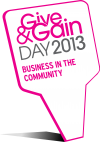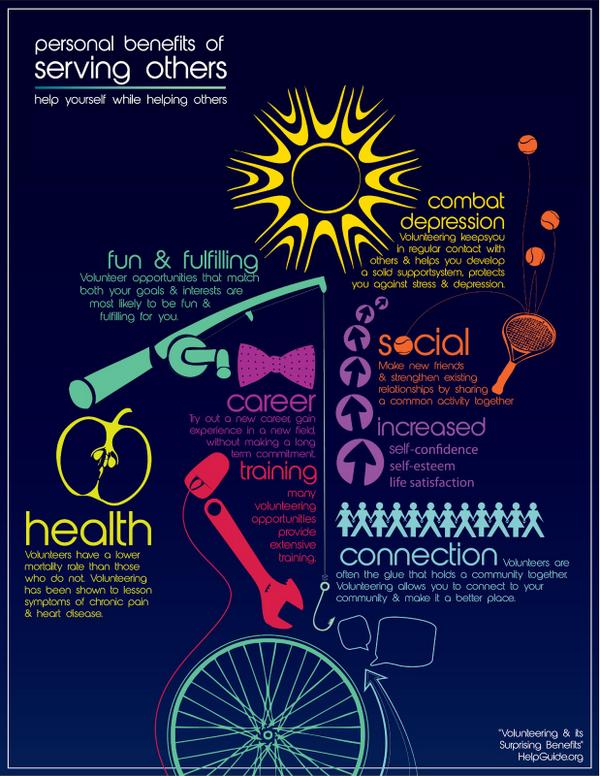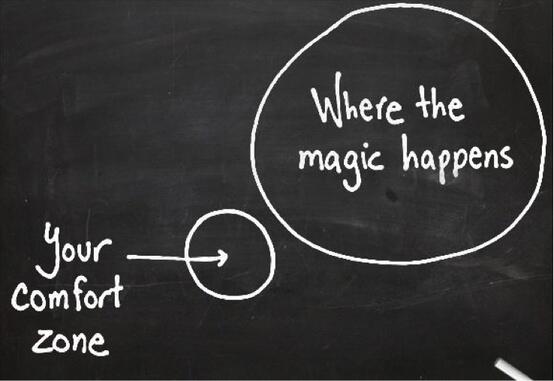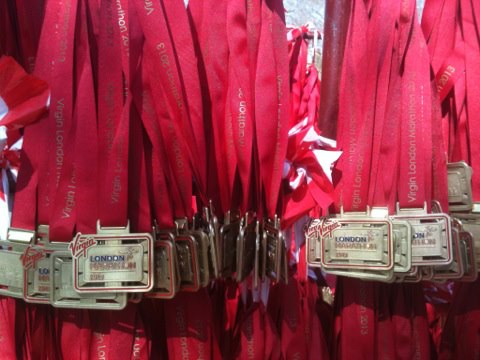Friday 17th May is Give & Gain Day
This is a National day when companies support their employees to get out and volunteer in the com munity. It is organised by Business in the Community.
munity. It is organised by Business in the Community.
“It’s set to be a record breaking year here in the UK – we’re currently sitting at 12,000 business volunteers, 300 companies, approximately 96,000 volunteer hours and £1.5 million worth of support for UK communities.” said Tom Gater of Give & Gain.
Give & Gain Day encourages thousands of people across the globe to spend a working day volunteering for good causes in their local community. Since 2008, over 60,000 people in 31 countries around the world have taken part.
Give & Gain Day connects skilled professionals with community organisations by matching them with a volunteering project, offering invaluable support in tough times. Business volunteers will help in schools, day centres, and youth groups, doing everything from school sports days, to employability workshops and CV training for the long term unemployed.
Focus on Young People
The 2013 event takes place against the backdrop of increasing pressures on local services, with recent figures suggesting that 1 in every 6 charities are at risk of closing. With the level of unemployment among 18-24 year olds sitting at a worryingly high 21.1%, this year Give & Gain Day has a focus on supporting young people.
Paul Turner, Group Community & Sustainable Business Director at Lloyds Banking Group said: “One of the best ways businesses can support their local communities is by encouraging employees, customers and suppliers to use their skills and time through volunteering. We are deeply committed to playing an active part in the communities where we live, work and do business. Colleagues across the Lloyds Banking Group volunteer throughout the year, but Give & Gain Day provides the perfect focal point.”
Simon Lucas, Managing Director of recruitment and executive search firm Society, comments “I think the impact Give & Gain Day can have on local communities is really profound. There’s the short term benefits of community organisations getting an event run or a mural painted, but there’s also a fundamental exchange happening. Businesses are getting exposed to the issues that community organisations on their doorstep are having to grapple with, the community organisations are getting exposed to business ways of thinking and acting.”
Give & Gain Day volunteers are in good company, joining a global movement of thousands of volunteers across 25 countries as diverse as Spain, Iran, Nigeria and Switzerland.
Sponsored by Lloyds Banking Group and Society and in association with BT, Give & Gain Day 2013 is dedicated to getting thousands of employees out of the office, store or factory to volunteer in their local communities. By making volunteering fun, accessible and inspirational BITC believes that it is something all businesses should give their staff an opportunity to do in work time.
If you are taking part in Give & Gain day tomorrow please leave a comment – we would love to hear what you’ve done:




